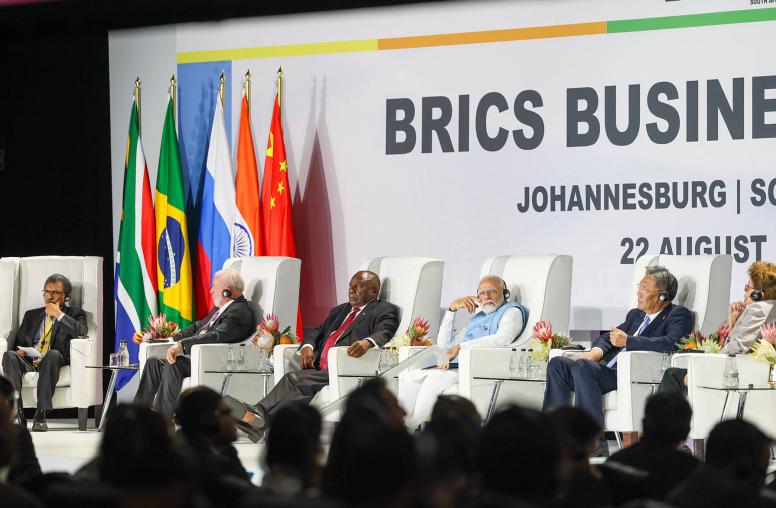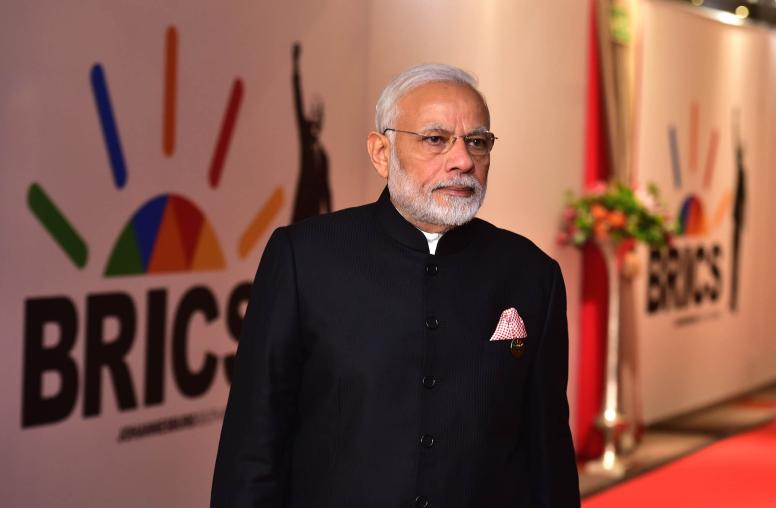Data Democracy: People and Power in the Digital Age
Nandan Nilekani is the co-founder of Infosys and former chairman of Aadhaar, India’s massive biometric identification system. The U.S. Institute of Peace, PeaceTech Lab and emerge85 discussed with Nilekani on India’s emerging data economy, which seeks to restore individuals’ control over their personal data while fueling public and private sector innovation. He highlighted India’s emerging data governance model, the Data Empowerment and Protection Architecture, which aims to safeguard private data while making it possible for citizens to safely share their information to access benefits like affordable credit and improved health care.
Exploring this new paradigm is important not just for India. In today’s increasingly data-focused environment, discovering how to effectively and safely utilize data is particularly relevant for developing countries, where many users will become data-rich before becoming economically-rich. Data is a key focus of international development and governance efforts. Organizations and governments worldwide are harnessing data to improve delivery of goods and services, increase communication, and bolster accountability, but there are challenges. Data privacy is coming to heads with effectively utilizing data, and expert analysis and understanding is needed to begin resolving this conflict. This program taught individuals in the fields of governance and development how to fully harness data while protecting individual identity and information.
Review the conversation on Twitter by using the hashtag #DataDemocracy.
Speakers
Nandan Nilekani, Featured Speaker
Co-Founder, Infosys
Sheldon Himelfarb, Moderator
Founder & CEO, PeaceTech Lab



